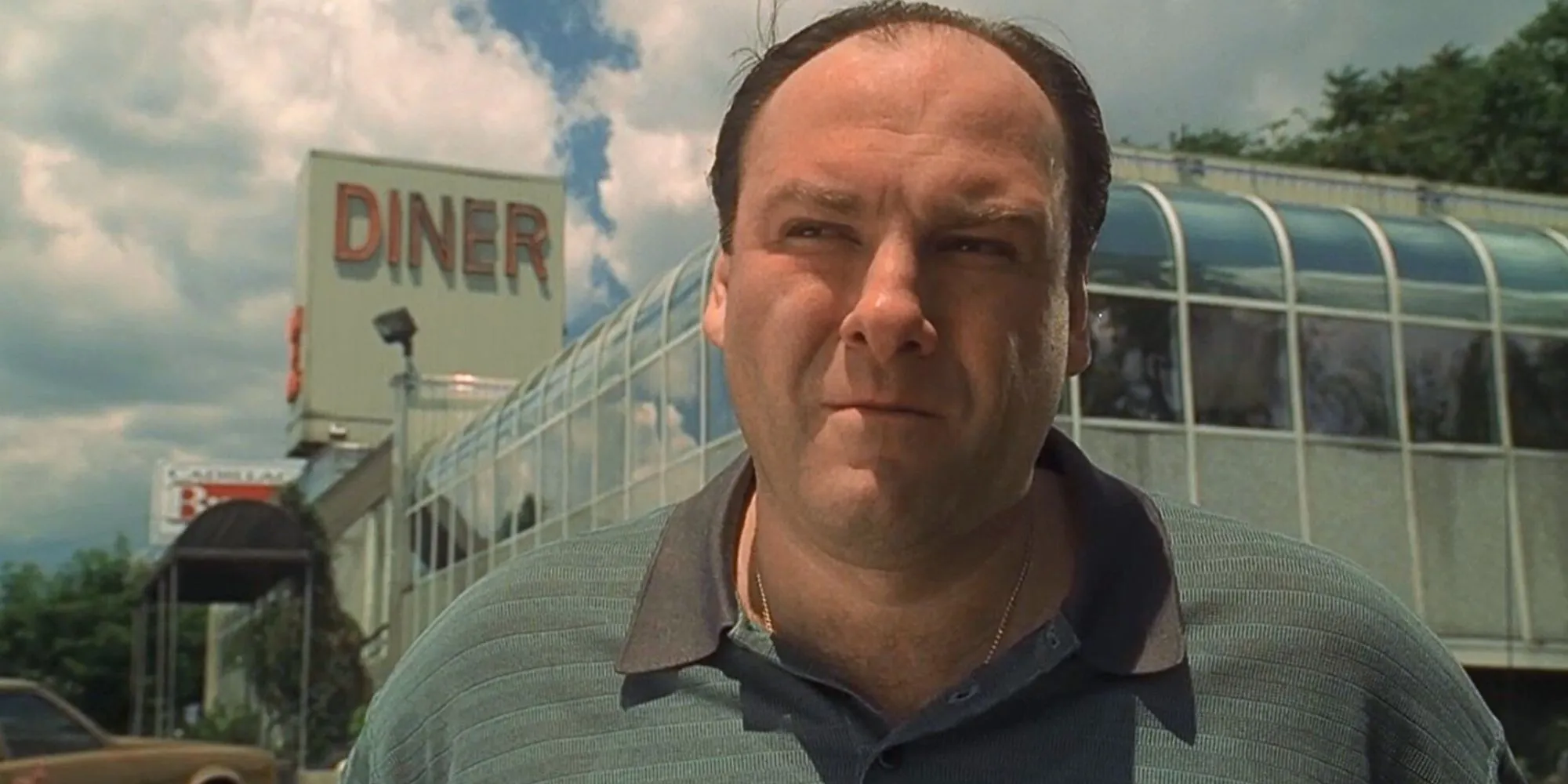The Lasting Impact of ‘The Sopranos’
When discussing television masterpieces, HBO’s ‘The Sopranos’ often tops the list. Since its premiere in 1999, the show has shattered conventional storytelling, delving into the complexities of its characters against the backdrop of organized crime and suburban life. While many scenes may have left a mark, there are specific moments, particularly some intense minutes, that changed the trajectory of the series forever. This article focuses not only on those potent moments but also on the implications cast by the series finale and what made its final season distinct.
Five Intense Minutes That Changed Everything
One of the most striking examples of dramatic storytelling in ‘The Sopranos’ can be boiled down to five intense minutes—an interaction between Tony Soprano, played masterfully by James Gandolfini, and his therapist, Dr. Melfi, portrayed by Lorraine Bracco. This moment, which occurs in Season 6 Episode 12, titled ‘Kaisha,’ doesn’t involve any violent confrontations or shocking betrayals, but rather a raw, revealing session where Tony face his demons.
As Tony speaks about his life—the constant fear of betrayal, his heavy burdens as a leader, and the complex relationships he has cultivated through fear and loyalty—the audience gains a deeper understanding of his character. These moments encapsulate the emotional and psychological depths that ‘The Sopranos’ is so revered for, allowing viewers to see that beneath the mob life, Tony is a deeply flawed figure grappling with existential dread.
This particular interaction is a turning point because it reinforces the show’s emphasis on ‘the family’—both biologically and within the mafia—and how these dynamics can intertwine with a person’s psyche. The psychodrama, combined with the gritty realism of Tony’s world, serves as a benchmark for television characters to come, paving the way for anti-heroes in future series.
The Series Finale: Spoilers and Speculations about Tony Soprano’s Fate
The finale of ‘The Sopranos,’ titled ‘Made in America,’ is one of the most analyzed episodes in television history. The concluding moments, especially the cut to black, have left audiences feeling bewildered, intrigued, and even angered. But did the series finale quietly spoil Tony’s ultimate fate with one line?
During a scene in the finale, Tony mentions, ‘You don’t go to a restaurant with good security.’ This seemingly innocuous line takes on new meaning when considering it in the context of the show. Coupled with a looming awareness of Tony’s precarious lifestyle, viewers are left to ponder if this comment foreshadowed his demise. The subtlety with which this line is delivered, without overt dramatization, exemplifies the underlying tension present throughout the series. Independent of the suspenseful soundtrack and the rest of the narrative, this line suggests the ever-looming nature of mortality in Tony’s life.
Furthermore, the choice to end the series in a ambiguous manner has sparked countless theories from fans and scholars alike, debating Tony’s choice between a violent death and a mundane existence. It’s this deliberate lack of resolution that adds depth to Tony’s character, leaving audiences grappling with his fate long after the frame fades to black.
Extended Final Season: Why It Was Longer and Who Was Almost Killed Off
The final season of ‘The Sopranos’ is longer than its predecessors, expanding the narrative to provide closure while maintaining the essence of the evolving storyline. Originally, the show intended for only eight episodes, but creator David Chase opted to extend it to a total of 21 episodes across two parts of Season 6. The decision was attributed to the need to tie up complex storylines and character arcs while ensuring that viewers receive the intricacy and depth they’ve come to expect.
In the interim, there were conversations about character fates that could have affected the final story—most notably, the potential for the character of Paulie Walnuts, played by Tony Sirico, to meet an untimely end. While the writers considered this dramatic move, they ultimately decided against it, allowing Paulie to contribute to the resolution of the central narrative. In retrospect, this choice reflects the underlying themes of connection and survival that permeate the series, opting to keep certain dynamics alive instead of concluding them prematurely.
The final season manages the delicate balance between suspense and resolution by expanding character development—allowing viewers to witness not just the consequences of past actions, but also the evolution of relationships. In many ways, this season acts as a final chapter that consolidates Tony’s world, wrapping up the myriad threads that had woven together throughout the series. The length of the final season can be seen as an homage to the loyal audience that had invested years in the characters’ lives, leaving them with a thoroughly researched and engaging narrative arc.
Conclusion: The Legacy of ‘The Sopranos’
‘The Sopranos’ is more than a series about organized crime; it’s a complex study of the human condition masked by the intrigue of mob life. The five intense minutes with Dr. Melfi are a testament to the show’s psychological depth, while the finale and the decision to expand the length of the final season are indicative of its commitment to storytelling.
As viewers continue to dissect Tony Soprano’s legacy and engage in debates about his fate, ‘The Sopranos’ stands as a cultural landmark that revolutionized television narratives. The show’s ability to transcend traditional storytelling allows it to remain relevant even years after its conclusion—a testament to its brilliance and the enduring fascination with its characters. In the end, whether Tony’s fate was sealed in the infamous diner scene or left forever ambiguous, the impact of ‘The Sopranos’ resonates, prompting discussions and reflections that highlight its significance in the landscape of modern television.







